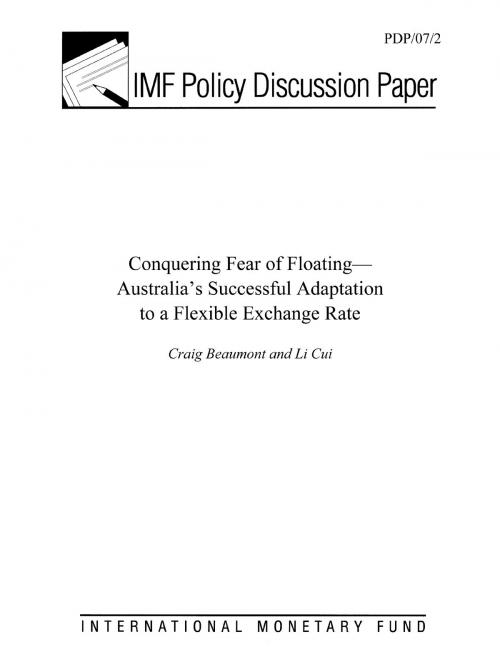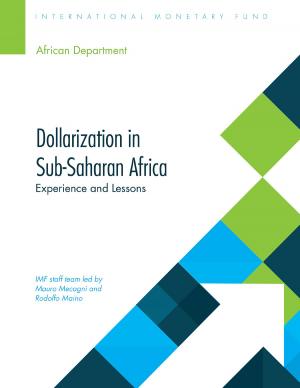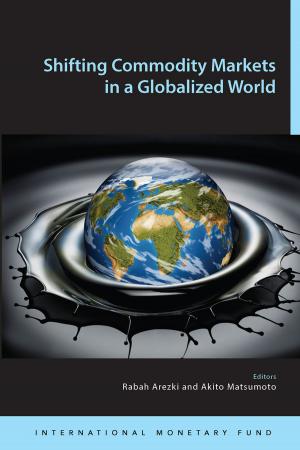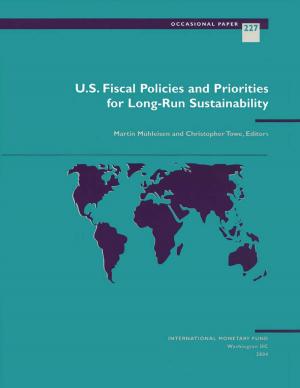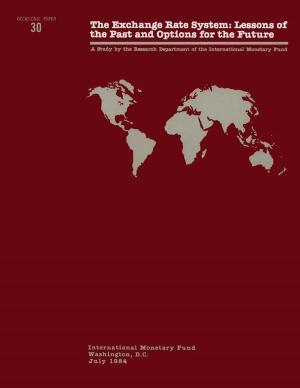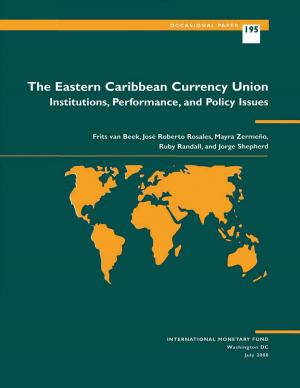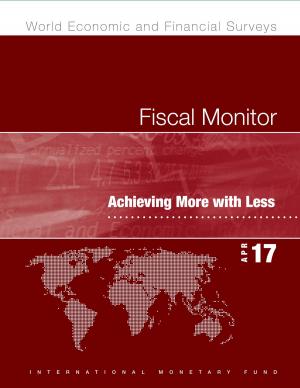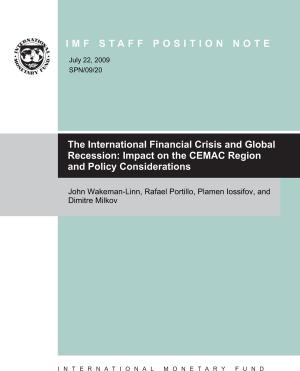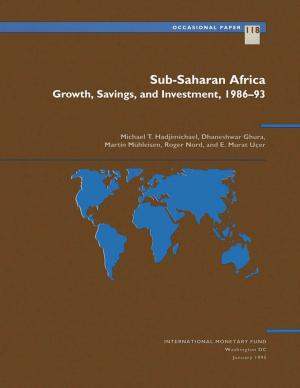Conquering Fear of Floating--Australia's Successful Adaptation to a Flexible Exchange Rate
Business & Finance, Economics, Money & Monetary Policy, International Economics, Nonfiction, Social & Cultural Studies, Political Science, Politics, Economic Policy| Author: | Craig Mr. Beaumont, Li Cui | ISBN: | 9781455255849 |
| Publisher: | INTERNATIONAL MONETARY FUND | Publication: | July 1, 2007 |
| Imprint: | INTERNATIONAL MONETARY FUND | Language: | English |
| Author: | Craig Mr. Beaumont, Li Cui |
| ISBN: | 9781455255849 |
| Publisher: | INTERNATIONAL MONETARY FUND |
| Publication: | July 1, 2007 |
| Imprint: | INTERNATIONAL MONETARY FUND |
| Language: | English |
Australia has enjoyed fifteen years of uninterrupted economic expansion since 1992 despite shocks such as the Asian crisis in 1997-98 and the information technology bust in 2000-01. This resilient economic performance owes much to wide-ranging structural reforms and the improved frameworks for monetary and fiscal policies that were implemented after the Australian dollar was floated in 1983. In addition to gaining the expected macroeconomic benefits from exchange rate flexibility, the float appeared to help motivate and facilitate the subsequent reforms. Australia's experience with adapting to a floating currency may therefore be of broader interest.
Australia has enjoyed fifteen years of uninterrupted economic expansion since 1992 despite shocks such as the Asian crisis in 1997-98 and the information technology bust in 2000-01. This resilient economic performance owes much to wide-ranging structural reforms and the improved frameworks for monetary and fiscal policies that were implemented after the Australian dollar was floated in 1983. In addition to gaining the expected macroeconomic benefits from exchange rate flexibility, the float appeared to help motivate and facilitate the subsequent reforms. Australia's experience with adapting to a floating currency may therefore be of broader interest.
